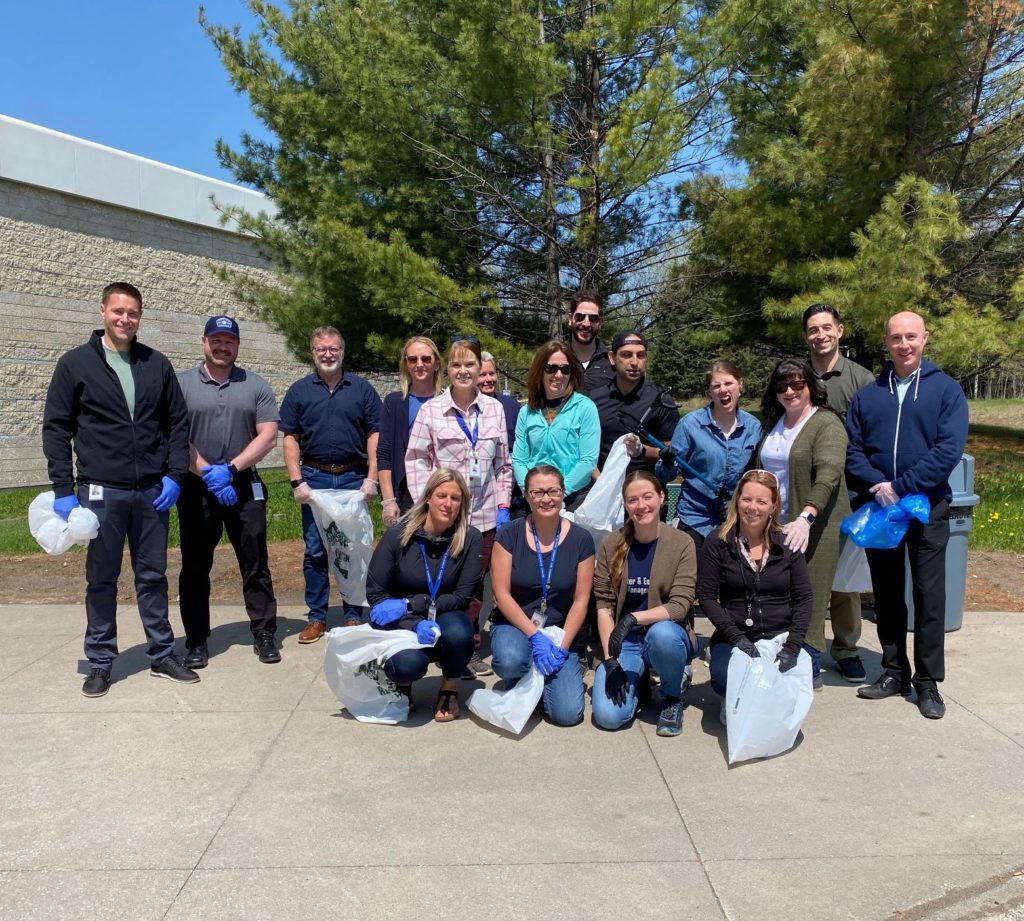Scheduled Downtime Notice: Infection Control & Pharmacy (June 13)
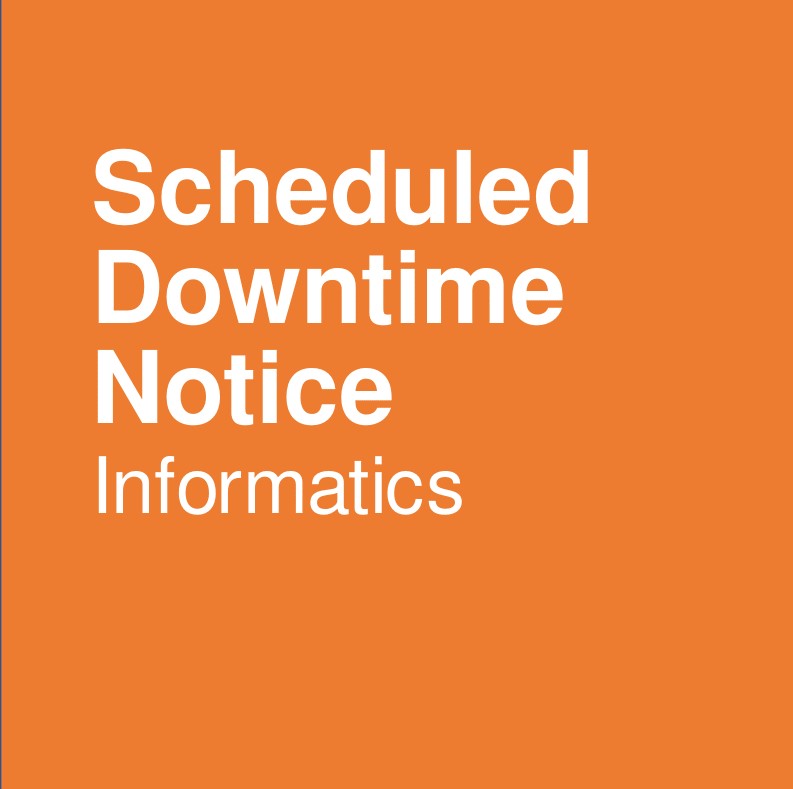





Shared on behalf of Jeannine Verdenik, VP People and Culture
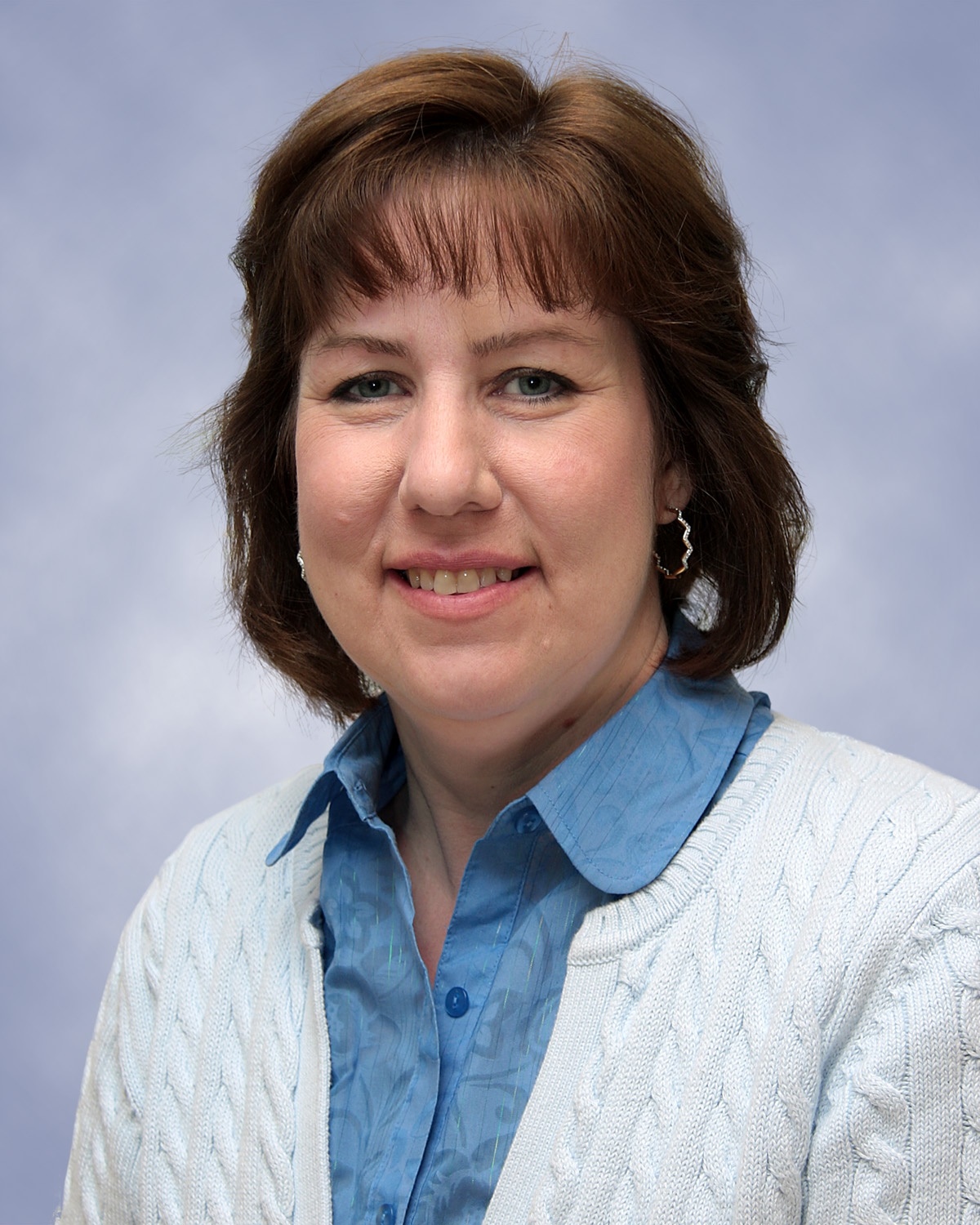
Shared on behalf of Tarja Heiskanen, Manager, Screening & Assessment Services
Julia Salomon is retiring!
After 38 years, Julia Salomon is throwing in her apron after an impressive career.
Julia completed her Bachelor of Science, Honours Home Economics from the University of Western Ontario, and her Clinical Dietetic Internship at the Health Sciences Centre, St. John’s Newfoundland.
From there, Julia began her career as a Dietitian at McKellar Hospital. Not planning on staying long, she held a number of positions including Renal Dietitian, Senior Dietitian then advancing to Manager of the Regional Renal Program. During this time she was influential in leading the NWLHIN Regional Renal Program, in the inaugural Ontario Renal Network (ORN). Julia was instrumental in instituting the ORN mandates in the region. This work included the collaboration with regional dialysis units to improve continuity of care for patients in northwestern Ontario. Julia has also been a Patient Experience Facilitator / Patient and Family Care/ Advocate. She enjoyed the opportunity to continue to make a difference for patients and their families at Thunder Bay Regional Health Sciences Centre.
Julia is wrapping up her career as the Coordinator of the Diagnostic Assessment Program and Clinical Genetics Program.
Over the course of her career, Julia has enjoyed the many great people and patients/families she has worked with and gotten to know.
In the time I have had the pleasure of working with her, she has been an amazing colleague!
In her retirement, Julia is looking forward to relaxing, traveling, camping, crafting and decluttering.
If you have worked with Julia and would like to send her a note, please feel free to sign the e-book.
Julia’s last day at our Hospital will be June 14, 2023.
Congratulations Julia!
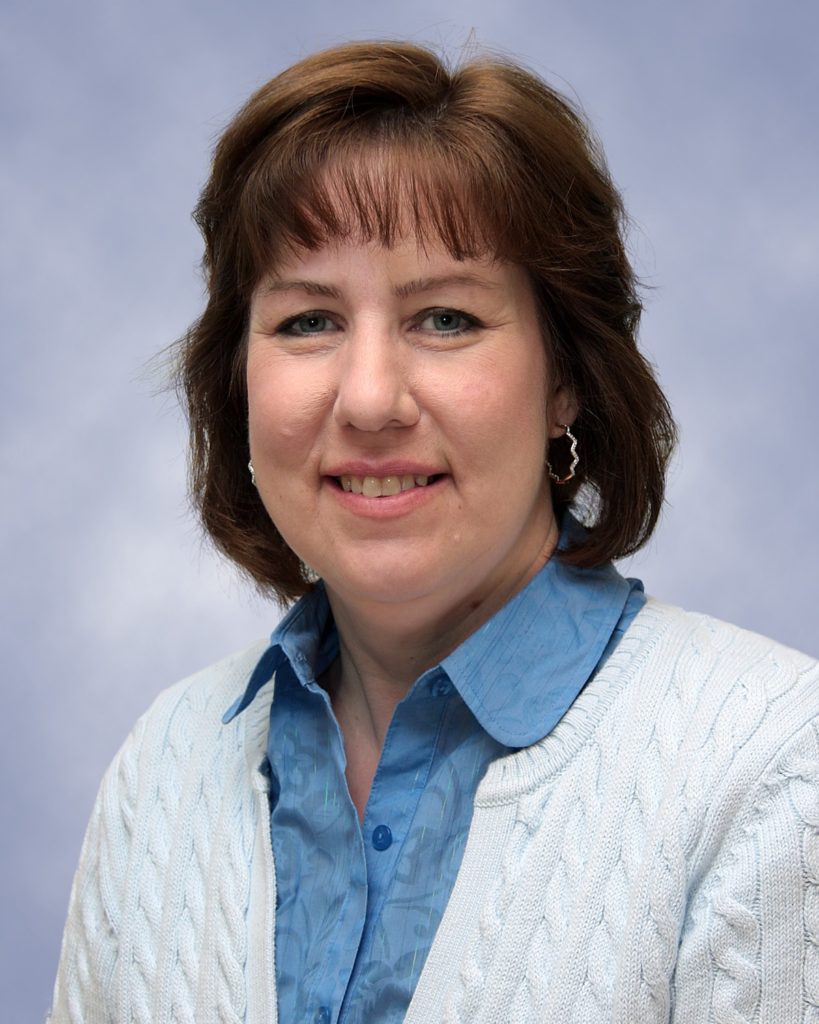


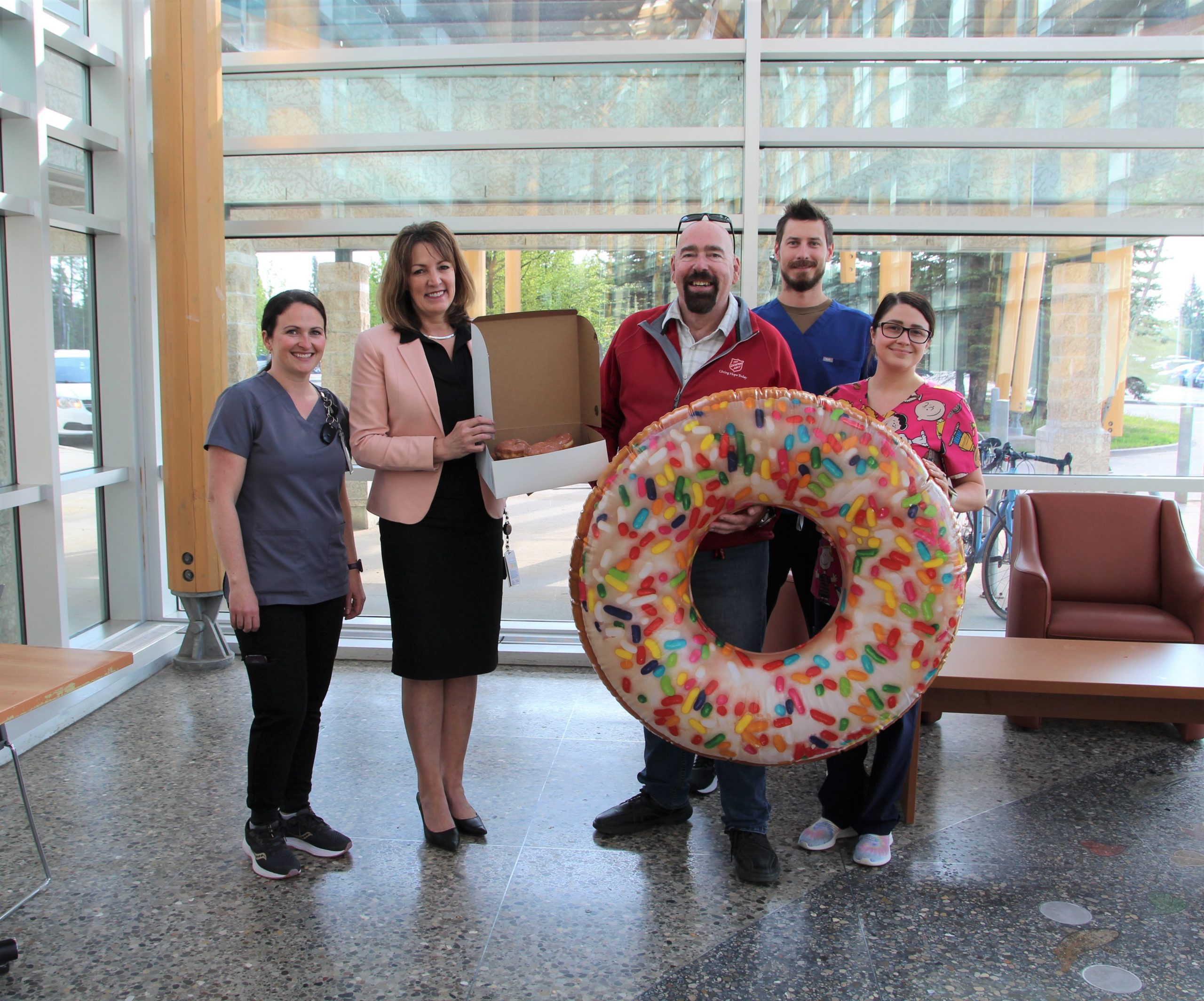
National Doughnut Day was established in 1938 by The Salvation Army in honour of the “Doughnut Lassies” who served these delicious treats while providing spiritual and emotional care to the troops on the frontlines during World War 1. It is celebrated annually on the first Friday in June. The Salvation Army recognizes the efforts of everyone who works tirelessly to care for our community and these donuts are a token of their appreciation. Thank to the local chapter of The Salvation Army for visiting our Hospital this morning and showing their appreciation to our staff.
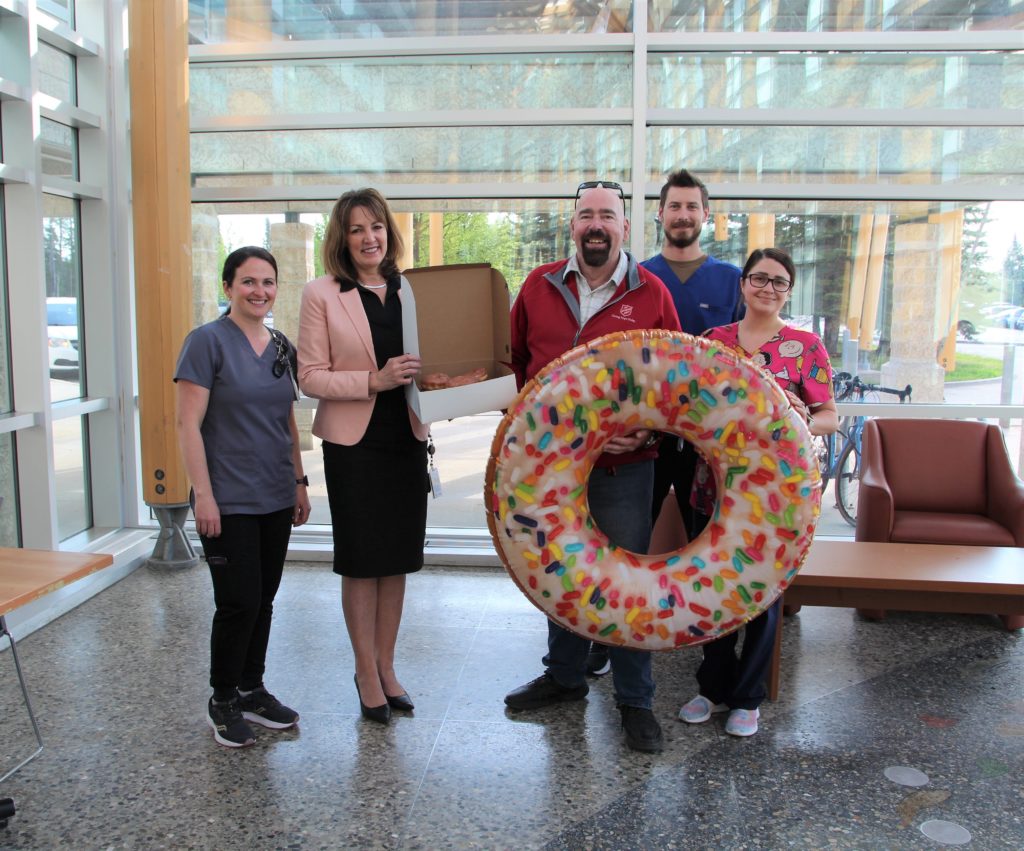

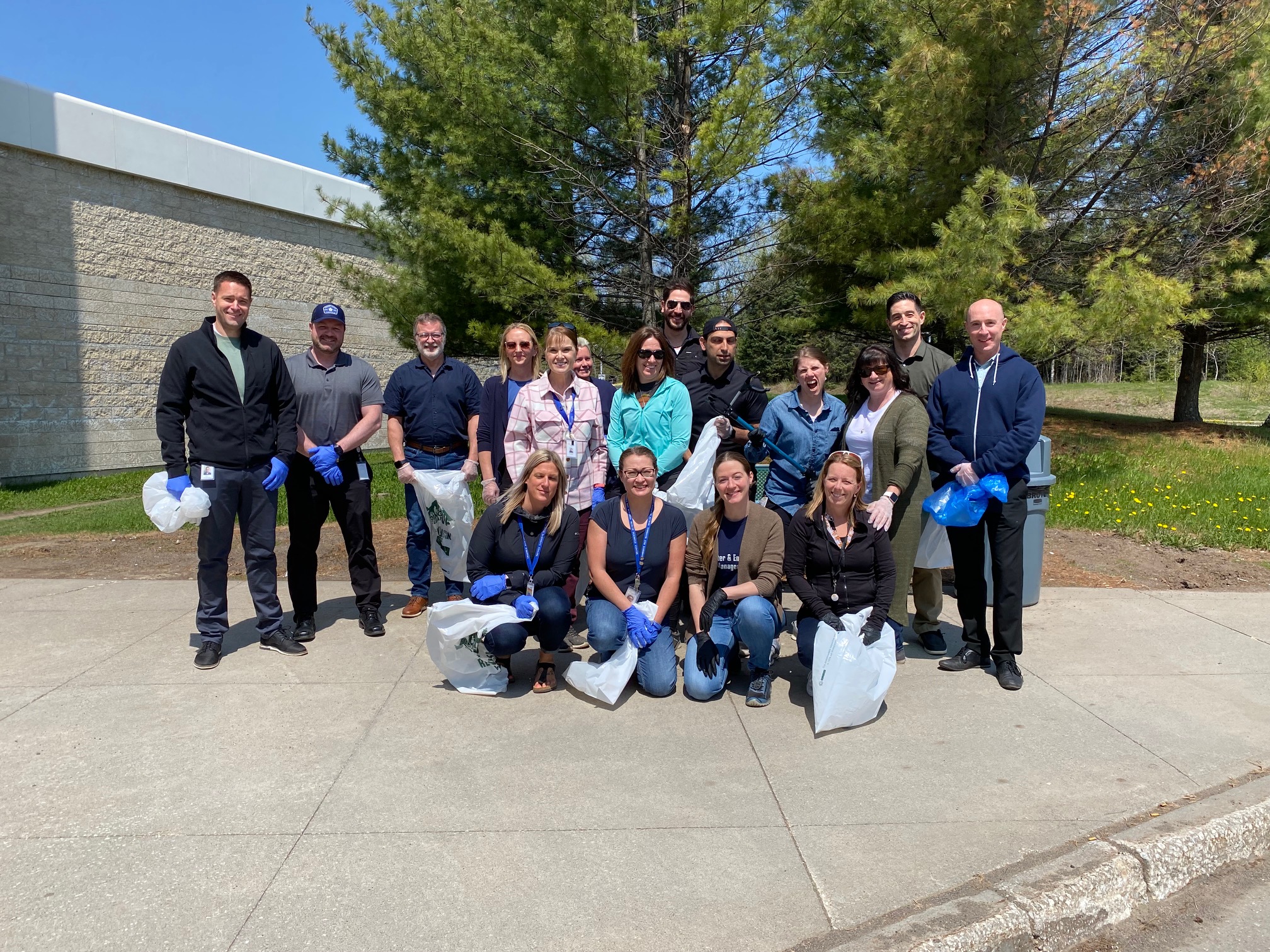
Spring is here, and Thunder Bay Regional Health Sciences Centre’s grounds are looking much cleaner, greener, and beautiful thanks to the efforts of our fantastic staff. On May 26th, our Hospital’s Green Team partnered with staff from various departments to participate in EcoSuperior’s Annual Spring Up to Clean Up challenge. This team was successful in collecting 154 lbs of litter from the Hospital grounds.
